In the recently concluded U16 National Three-Ball Championship, two teams were severely penalized for violating the spirit of sportsmanship: Zhejiang team was accused of passive play, while Jilin team had their results annulled due to age fraud. The Chinese Basketball Association announced strict penalties against the involved coaches, including a three-year ban. This incident is like a slap in the face for everyone concerned about youth sports - shouldn't competitive games embody fairness and the spirit of striving? Why has it become a stage for cheating and passivity?

This is not just a "crash" during an event; it's more like a mirror reflecting deep-seated issues in the field of youth sports: excessive focus on results, management loopholes, the "failure" of coaches' roles, and the repeated challenges to the fairness of competitions. What appears to be a youth championship actually involves many thought-provoking aspects.
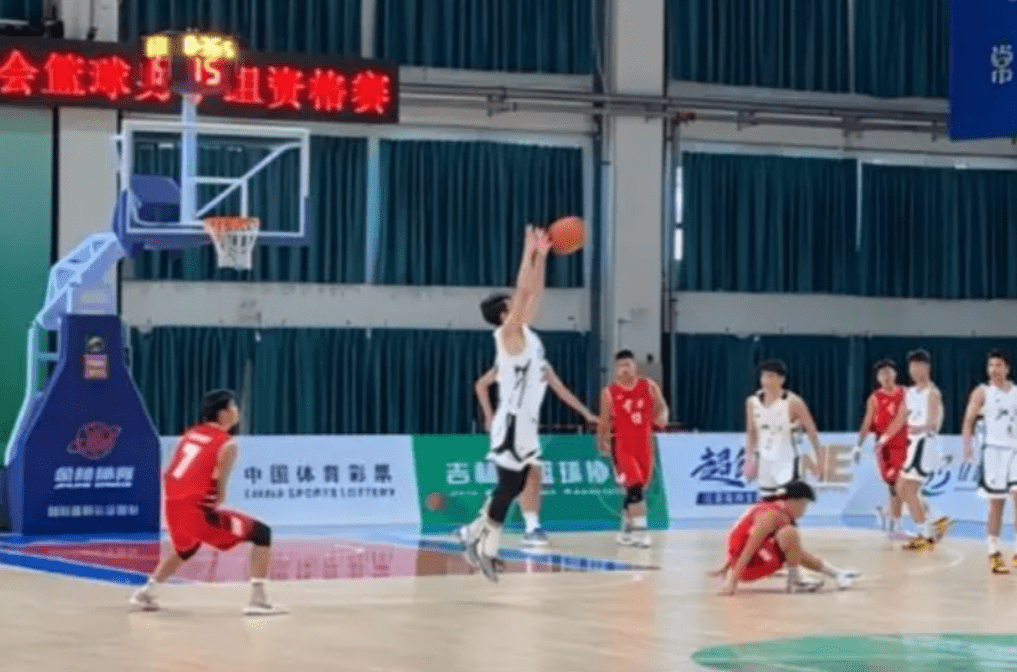
The incident itself is not complicated: Zhejiang team, dissatisfied with the tournament arrangements, deliberately underperformed in a crucial match, causing an uproar with players "treading water" on the court. On the other side, Jilin team was reported for age fraud, fielding players who exceeded the actual age limit. After investigation, the Basketball Association imposed severe sanctions on both teams, canceling their results and heavily punishing the involved coaches.
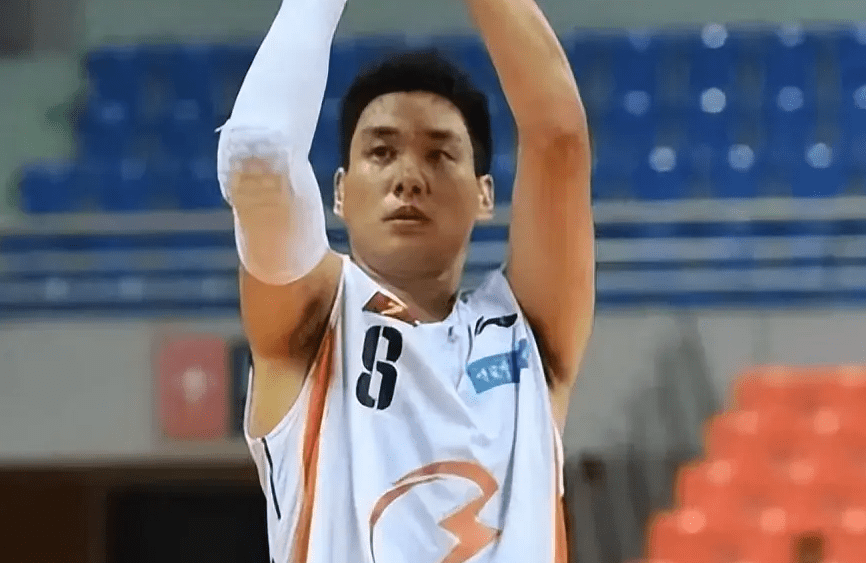
Although these two issues seem unrelated, they share a commonality - both lost their way in the pursuit of "results." Zhejiang team's passive play was a response to dissatisfaction with the schedule and refereeing decisions, attempting to express protest through this extreme method. Jilin team's fraud was to compete for rankings. These two incidents directly exposed the two major problems in youth sports: the imperfection of competition organization and rules, and the loss of principles due to excessive pursuit of results.

What is most heartbreaking about Zhejiang team's passive play is not the players "treading water," but the leading role of the coaches. Team leader Wang Nan and coach Zhao Hang are former professional athletes who transitioned into coaching after retirement. In theory, they should understand the essence of professionalism and sports. However, this incident proved that being a former athlete does not necessarily make one a good coach.

Wang Nan and Zhao Hang chose the worst approach in this game: instead of standing up to uphold the rules and set an example for the players, they expressed their dissatisfaction through passive play. This approach is not only a敷衍 of the game but also a serious misguidance of young players' values. As the saying goes, "If the top beam is not straight, the lower beams will be crooked." When coaches indulge or even support passive behavior on the sidelines, how can the children on the court truly understand the meaning of the sports spirit?
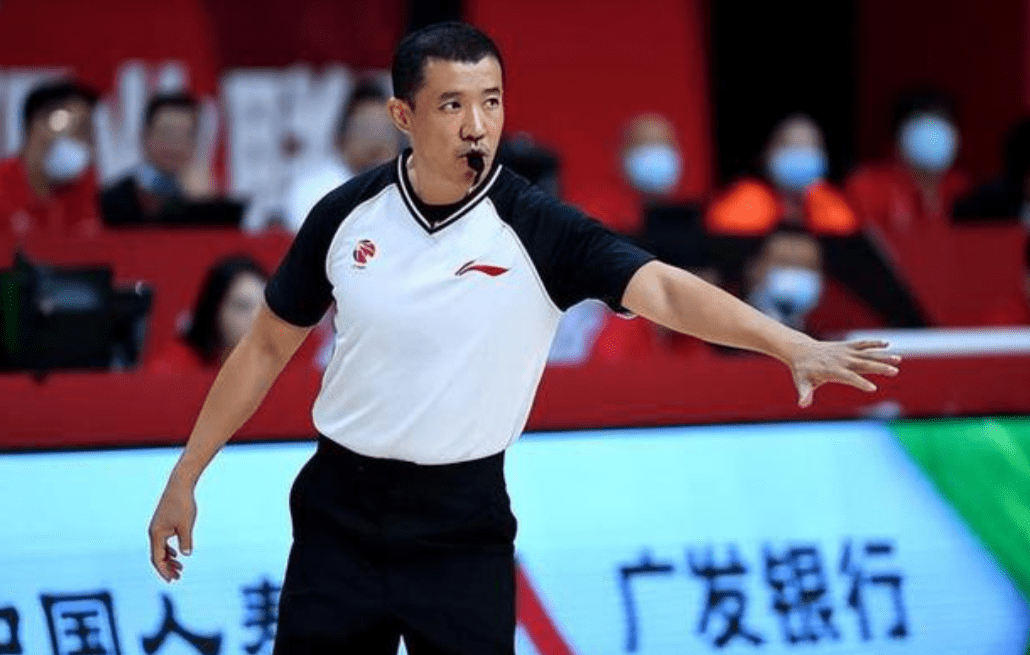
In fact, transitioning from athlete to coach is no easy task, especially for young coaches like Wang Nan and Zhao Hang, who have recently retired. They face considerable pressure. On one hand, they must quickly adapt to their new roles and take on the responsibilities of management and education; on the other hand, they also face the dual pressures of performance and public opinion. However, pressure cannot be an excuse for violating professional ethics.
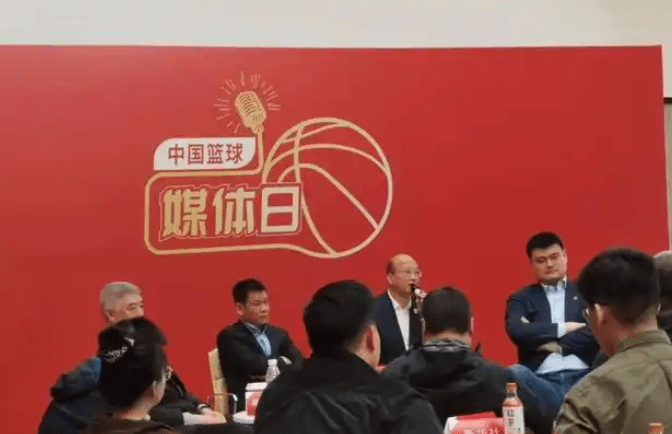
If Zhejiang team's issue was an "emotional outburst," then Jilin team's age fraud is a deeply entrenched old problem. To achieve good results in competitions, some teams and even local sports departments tacitly approve or support age fraud, and this is not the first time. Similar cases are commonplace in youth events such as football, basketball, and table tennis.
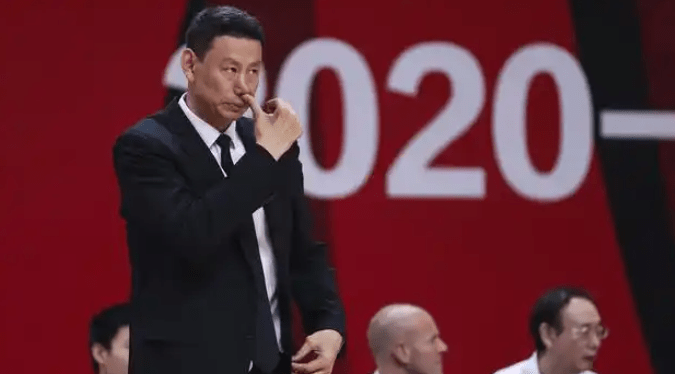
Why does age fraud persist despite repeated bans? The reason is simple; it involves the chain of interests. Many places aim to enhance their sports achievements and secure more resource support by manipulating players' identities. In youth sports, age advantage often determines the outcome of the game. Older players have an absolute advantage in physical strength and experience, which is extremely unfair to teams that abide by the rules.

Even more alarming is that age fraud not only undermines the fairness of the game but also negatively impacts participants' worldview. How will children interpret the word "integrity" when they see that fraud can bring applause and medals?
Zhejiang team's "passive play" was exposed on the spot, and the referees attempted to intervene, but ultimately failed to stop the behavior from continuing. This reflects the loopholes in the event supervision mechanism. The lack of authority of referees and event organizers at the scene weakens the binding force of the rules.
The fairness of a game relies not only on the professional ethics of players and coaches but also requires a sound regulatory mechanism to protect it. For instance, technical means have become an essential tool for refereeing in international events. However, in some youth events, the rules and supervision are often lax, providing opportunities for rule-breakers.
The Basketball Association demonstrated a tough stance in this incident, but after the punishment, what is more important is how to prevent similar incidents from happening again through improving rules and strengthening management.
The original intention of the Three-Ball Championship is to provide a competitive platform for youth and cultivate reserve forces for the future national team. However, events like this raise concerns about the future of the three-ball sports. If even youth competitions are eroded by the wind of prioritizing results and various violations, what is the significance of sports?
Results are undoubtedly important, but when they become the sole goal, problems arise. Often, we overlook the essence of sports - to cultivate and exercise people. The outcome of a match is fleeting, while the impact of the sports spirit is long-lasting.
To solve these problems, a single punishment is not enough. More importantly, there needs to be a comprehensive reflection on the youth sports system. The coaching training system needs to be more complete, not only teaching them techniques and tactics but also emphasizing professional ethics and psychological education; event rules and supervision mechanisms need to be stricter to ensure fairer competitions; most importantly, we need to spread correct sports values among youth, helping them understand what true victory is.
Sports should be a stage for dreams, not an arena for interests. It is hoped that this turmoil can serve as a profound lesson, guiding youth sports onto a healthier path.